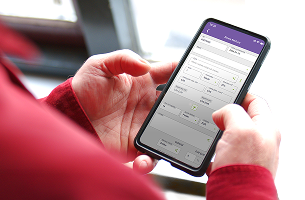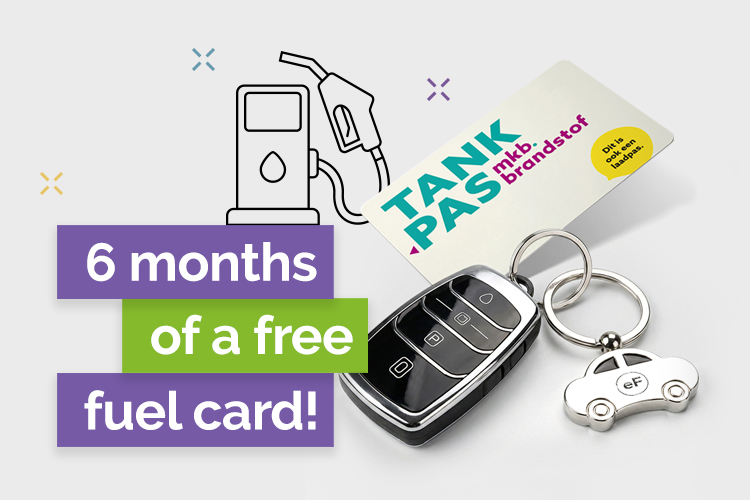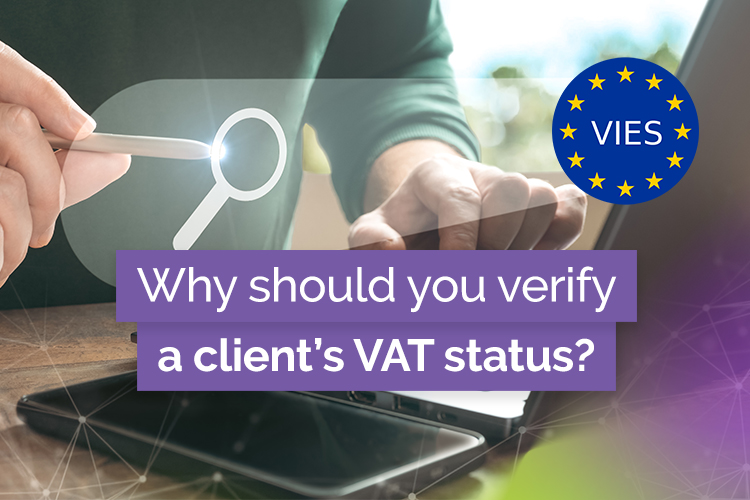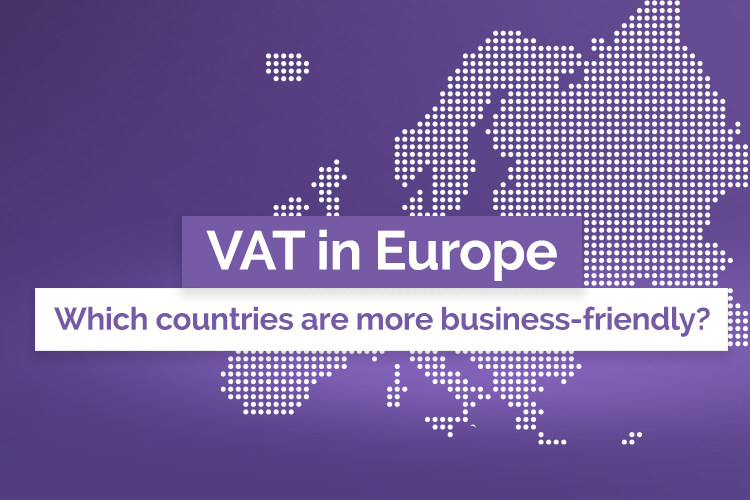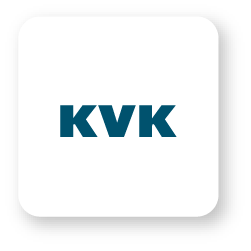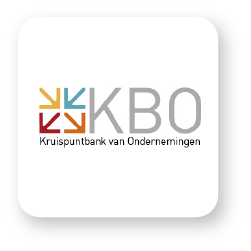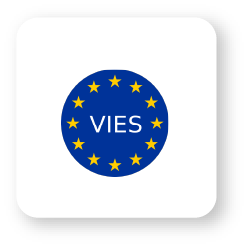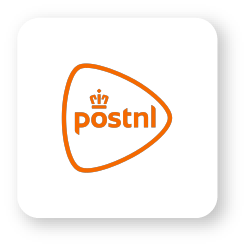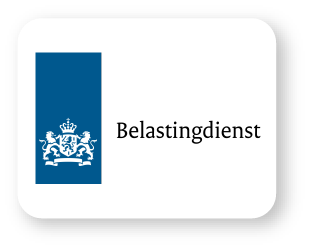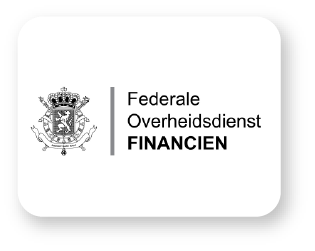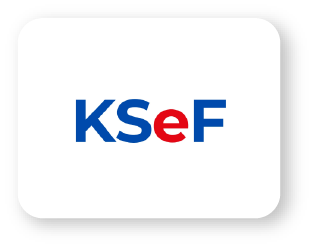How much free cash can you have in the Netherlands?
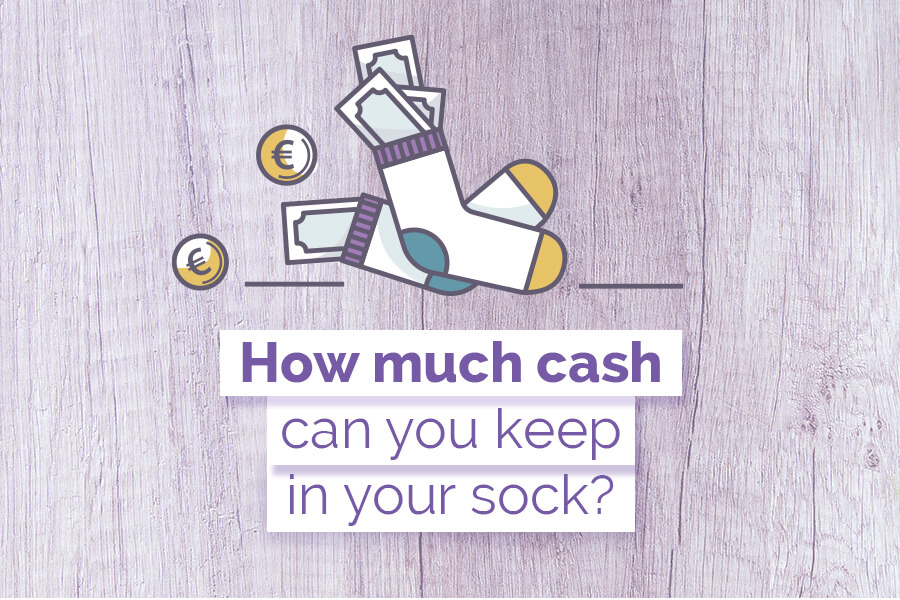
Is it possible to give up electronic banking in favour of keeping cash in the proverbial sock nowadays? Familiarize yourself with the free cash regulations in the Netherlands.
Money flow control aims to stop any form of illegal (off-system and tax-free) transactions. This is the simplest way to counter the black market. On the other hand, it is a requirement for citizens who manage their own money, according to established rules
More cash in the house?
Living and working in the Netherlands, you need to know that the law is quite restrictive when it comes to storing money outside of the bank.
You can have a maximum of €560 in your home (when in a relationship with a partner, this amount increases to €1120).
The law cannot prevent you from keeping more money outside of your bank account. But, anything over the amount above must be reported on your tax return. Moreover, these higher amounts of cash will be taxed. If you wanted to avoid bank charges, the system caught up with you anyway.
Insurance and cash theft.
There’s another reason to consider whether keeping more cash at home is a good idea. What about theft? Even if you have insurance against such risks and you kept the money in a safe, you may have a hard time proving how much cash you actually lost. Typically, insurers have a really low pay-out threshold for such a loss (up to €1500). No matter how much money was actually stolen.
You can read more about mandatory and additional insurance in the Netherlands HERE.
Shopping with free cash in the Netherlands.
In addition, there is also a restriction on purchases you can make with free cash in the Netherlands. In this case, the upper limit is €10.000. More expensive transaction must be made via bank transfers.
Cash at the border in the Schengen area.
In 2021, the European Union regulated the issue of cash transport within the Schengen area. You can carry €10,000 in cash across the border. If you want to carry more, you must report it to the appropriate services (Border Guard or Customs).
Most importantly, you must be able to document the origin of the transported money. You can do this with a bank statement, payslip or confirmation from the employer.
Having cash on hand that can be used in a crisis situation (immediately!) is important for many. This is because money gives us a sense of security. However, the circulation of cash is getting more and more limited, and upcoming regulations favour electronic banking.
